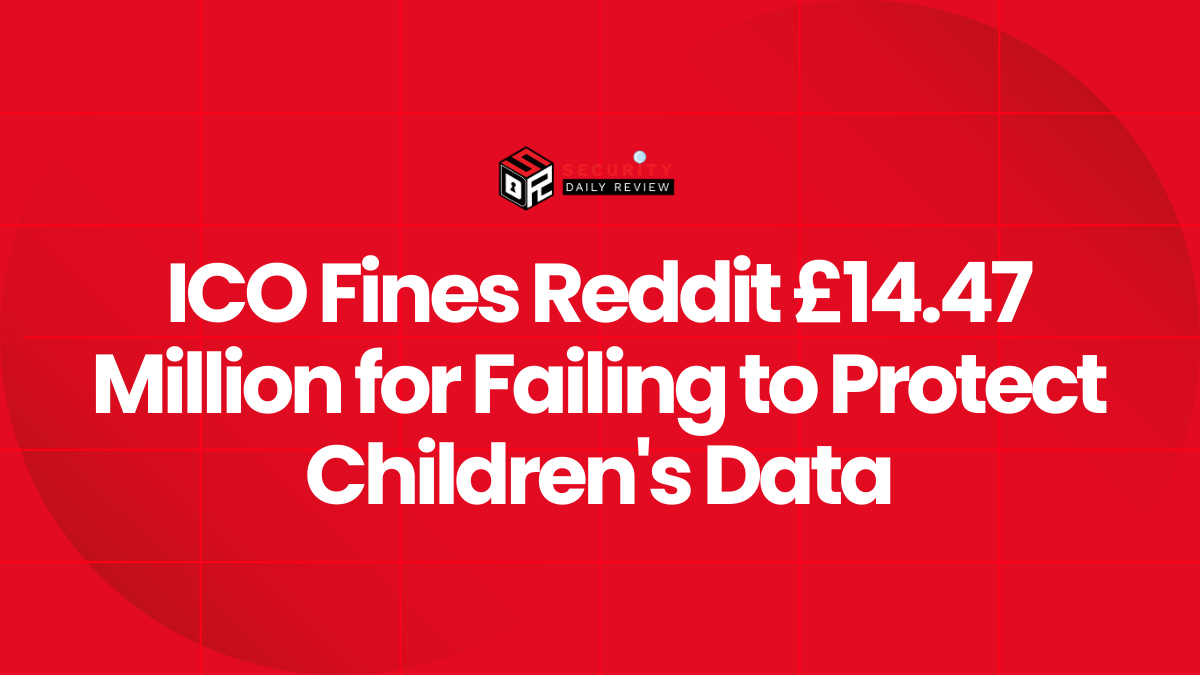Google recently made a quiet update to the description of its private browsing feature in the latest Canary build of Google Chrome Browser, version 122.0.6251.0. The Chrome’s Incognito Warning now has a different text.
This update comes weeks after the company settled a class action Google lawsuit that accused the company of illegally tracking browsing activity even when users were in incognito mode. The updated text was discovered by MSPowerUser.
Chrome’s Incognito Warning is Different in Chrome’s Stable Version
Here’s the updated text of Chrome’s incognito mode warning in the Canary built:
“Others who use this device won’t see your activity, so you can browse more privately. This won’t change how data is collected by websites you visit and the services they use, including Google. Downloads, bookmarks and reading list items will be saved. Learn more”
In contrast, the current stable version of Chrome displays the following text when you open a new incognito tab:
“Now you can browse privately, and other people who use this device won’t see your activity. However, downloads, bookmarks and reading list items will be saved. Learn more”
However, the bullets below the incognito notice have not been modified. These bullets continue to emphasize that browsing activity may still be visible to “Websites you visit,” “Your employer or school,” and “Your internet service provider.”
Google spokesperson José Castañeda stated in an email to The Verge that this change offers users even more information about Incognito Mode.
He mentioned that the company is pleased to resolve the case that they have disputed for a long time. Castañeda also emphasized that Incognito mode prevents browsing activity from being saved on users’ devices.
Google’s update to the notice is significant because it contradicts their previous claim that users were adequately informed about the tracking that can occur in incognito mode. Last year, Google spokesperson José Castañeda stated that the company clearly mentions that websites may collect information about browsing activity during an incognito session.
However, Judge Yvonne Gonzalez Rogers was not convinced by this argument and denied Google’s request for summary judgment in August of last year.
Google Incognito Law Suit Has Reached a Settlement
According to a report by ArsTechnica last month, Google and the plaintiffs in the lawsuit have reached a settlement agreement. The terms of the settlement will be presented to the court in January, and final approval is expected by the end of February.
This is a developing story so stay tuned to be updated on how to join Google Incognito Lawsuit.









